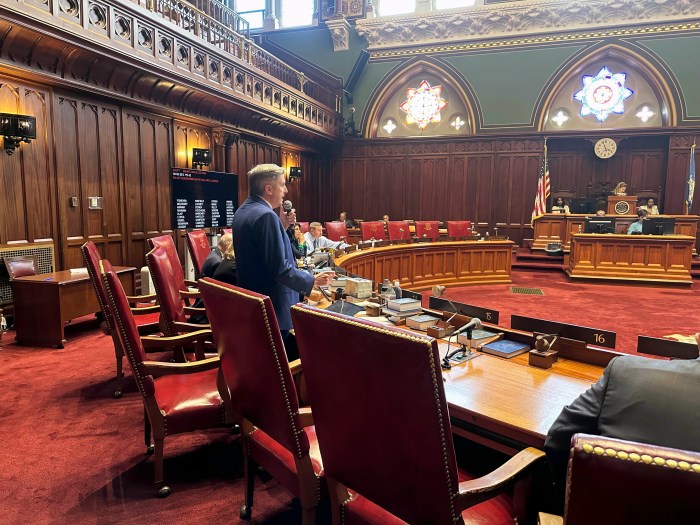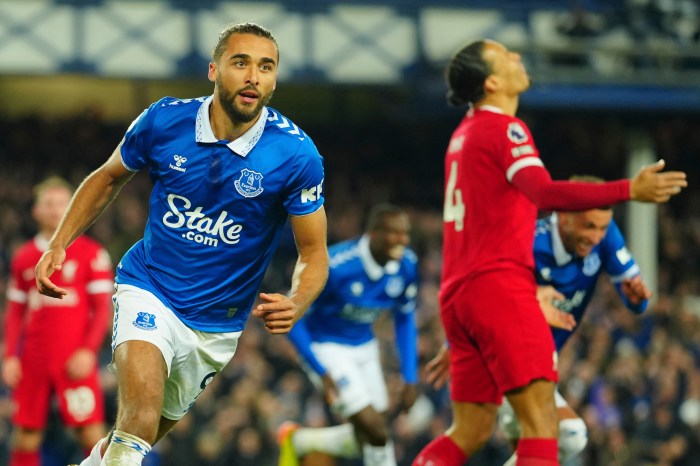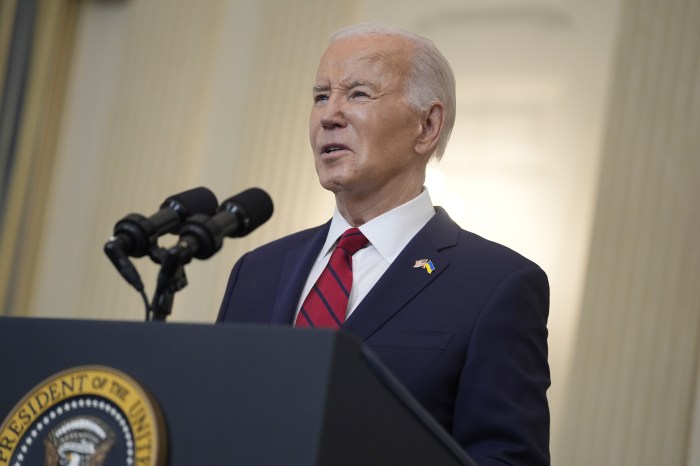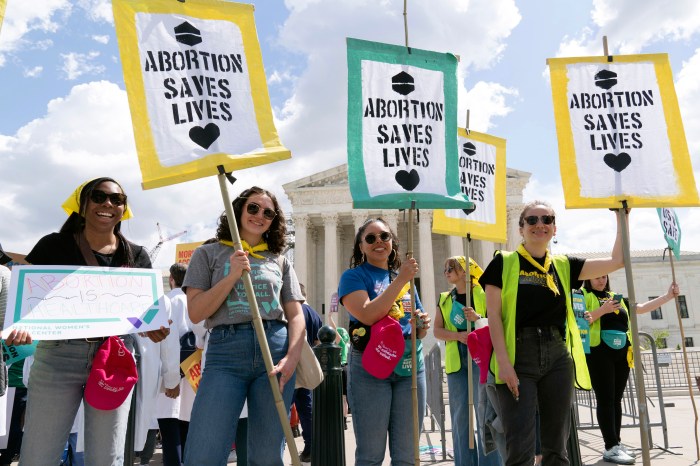With titles like “Die Hard 2,” “Cliffhanger” and “Cutthroat Island” on his resume, director Renny Harlin is certainly no stranger to explosions. But for “5 Days of War,” a stark look at journalists covering the 2008 Russo-Georgian war, he’s hoping the pyrotechnics have a bit more resonance. Harlin spoke with Metro about going indie, having a real army at his disposal and the struggle to bring real conflicts to a global audience’s attention.
How do you see this film in terms of your career as a whole?
Well, you know, I’ve done some big action movies — mainstream movies — and some thrillers, and for me this was just really important at this point in my life to be able to make a movie that I think is about something.
Did you find it particularly difficult to get a movie about journalists in a war zone made?
War movies in general are not the most popular genre because we are so saturated by the news media about all the terrible things that are going on in the world. So I realize that when you have a movie that has the word “war” in its title, it’s going to be a challenge.
Especially movies about wars that aren’t necessarily on the front page.
Yes, yes. There are so many wars going on, and they mostly seem to be in countries that are pretty foreign to us in terms of their landscape and customs and how people dress and their religion. I can’t say that people have stopped caring, but people just don’t want their evening news anymore to be about that. With the story we’re telling, it’s a war that is very little-known, but my intention was to tell a story that would be relatable and would be a kind of symbol to any of these conflicts. You don’t have to think about Russia and Georgia, but just think about what journalists go through and what the civilian population goes through in these situations.
You achieved a very authentic war zone look in this film.
We filmed the whole movie in the country of Georgia, and a lot of it in the real locations where the war had taken place just a year prior to when we were there. What was key for us was that we got a lot of support from local people and the government.



















